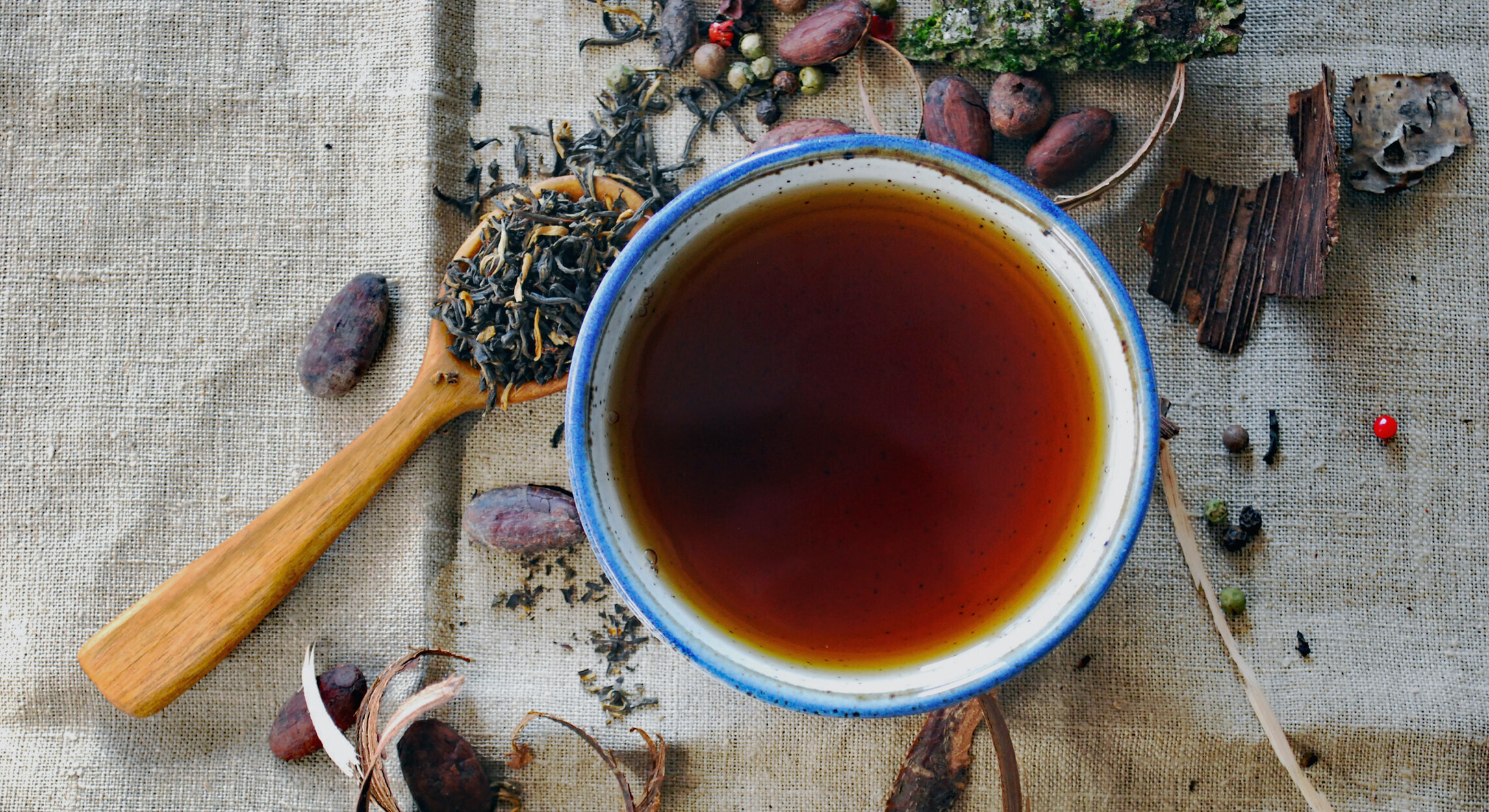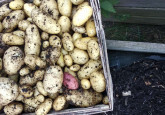The process of digestion involves recovering from food the good nutrients the body needs to function, and discarding the bad ones. It's a complex mechanism that involves many organs: the stomach, intestines, colon and liver, all of which can be put to the test in certain cases, notably if the food ingested turns out to be too heavy or too rich, or in the case of food intolerances. Fortunately, there are a number of herbs that can help ease digestion.
In this article, we'll take a look at 5 plants that are said to have beneficial properties for helping the body with its digestion process:
- Fennel :
Fennel is undoubtedly the best-known plant for aiding digestion. This aromatic plant grows naturally in the Mediterranean basin, and can reach up to 2.5 meters in height. Its properties actually lie in its seeds, which contain powerful active ingredients such as anethole, with antibacterial properties, and fenchone, a highly effective antispasmodic. This plant, with its stimulating carminative action, helps stop the fermentation of food during digestion, thus preventing the formation of gas and reducing the sensation of bloating and aerophagia. Rich in magnesium, potassium, calcium, iron and vitamins A, B, C and E, it aids digestion and facilitates intestinal transit. It preserves the immune system in general and also prevents cardiovascular disease.
- Peppermint :
Peppermint is also one of the best-known medicinal plants, thanks to its thousand and one properties for the body: antispasmodic, analgesic, anti-nausea, it is one of the most famous allies of the digestive system. It is used worldwide to soothe migraines, nausea, acute diarrhea and minor digestive disorders such as indigestion, aerophagia and bloating. This plant contains numerous active ingredients, such as menthol, which help stimulate bile production in the liver. Its action then extends to the intestines, facilitating digestion. Peppermint's antispasmodic and anti-gastritic properties help relieve gastrointestinal spasms, heartburn and bloating. In fact, the World Health Organization (WHO), ESCOP (European Scientific Cooperative on Phythotherapy) and Commission E have recognized its use as an infusion to soothe gastrointestinal spasms and bile ducts, as well as a number of minor digestive disorders, including irritable bowel syndrome.
- Rosemary :
Rosemary is an ideal ally for slow or difficult digestion. Like peppermint, it helps stimulate the production of bile and digestive juices in the intestine. It also contributes to the proper functioning of the liver. The European Scientific Coordination on Phytotherapy (ESCOP) recognizes the use of peppermint leaves in infusions "to improve biliary and hepatic functions and relieve digestive disorders (oral)". Similarly, Commission E of the German Ministry of Health recognizes the use of rosemary leaves and essential oil in the treatment of digestive problems. Finally, theEuropean Medicines Agency, EMA, describes rosemary as a traditional method suitable "by mouth, in the treatment of difficult digestion and mild stomach aches" and recommends a maximum treatment of two weeks.
- Licorice :
Licorice is a recognized and particularly effective natural antispasmodic. This herbaceous perennial, native to the Mediterranean basin, also has antacid properties and helps heal digestive mucosa, making it another powerful ally for digestive comfort. Its most potent active ingredients are found in its roots, which contain glycyrrhizin and glycyrrhizic acid, substances partly responsible for licorice's therapeutic virtues. Often combined with other herbs in infusions, such as chamomile or peppermint, it relieves heartburn and heaviness as well as gastric acidity, and eases difficult digestion. Like the plants mentioned above, licorice has been recognized by the Commission E for the prevention and treatment of peptic ulcers.
- Milk thistle :
Also native to the Mediterranean basin, milk thistle may seem less familiar, but has been used since Antiquity to treat liver and biliary disorders. Most of its active ingredients are found in its seeds, which contain large quantities of silymarin. This substance, which is actually composed of silychristine, silybin and silydianin, facilitates the regeneration of damaged liver tissue and has a hepatoprotective action. Milk thistle protects the liver and gallbladder, and is also a powerful anti-inflammatory. Its properties on the digestive system are recognized by the World Health Organization (WHO) and the European Commission. In addition to its proven effects on digestion, Milk Thistle also seems capable of protecting the body against numerous toxins produced by the heavy consumption of certain medicines, cleaning products, insect bites and venom.
Ecosystem Laboratoire has a partner, the Jovia company, which offers a wide variety of herbal teas! Made in France, Jovia herbal teas are presented in "bulk" format in resealable bags, and are of exceptional quality! Jovia's range of herbal teas includes fennel and rosemary, which are featured in this article. If you'd like to try them, now you know where to find them!










